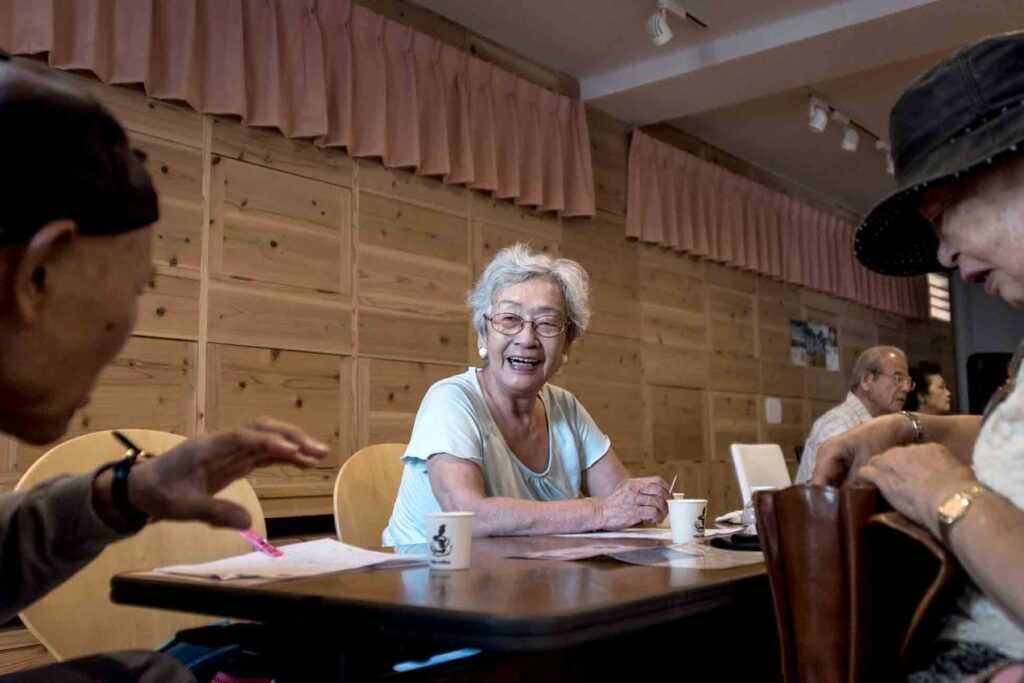I used to think that disruptions in habits were temporary. One things got back to normal, I’d automatically go back to my regular schedule. I’ve discovered quite powerfully that that isn’t necessarily the case.
I fell ill in April 2018 for a couple of weeks and never really got back to my workout routine that I had built up over years, a routine I persisted with even through mental illness.
Earlier this year, some major disruptions caused changes to my sleep schedule. The disruption has passed but my sleep schedule has remained shifted by a few hours. This was a schedule I’d developed as a child and stuck through adulthood to middle age.
And also in 2018, I finished no books, an extraordinary feat for me – I’d read at least a couple of dozen books a year since my teens. But I’ve found it hard since to get absorbed in a book from start to finish – and I had, until now, known no other way.
Just like it had been with sleeping early, quickly and well, just like with being in shape had.
I’m reconstructing each of those habits once again. There are several frameworks to help, such as Atomic Habits. More than anything else, though, is the hard realisation that each of these is going to be a journey, one that requires me to be deliberate at and with each step. Habits that are knocked out of orbit by disruptions don’t just wobble back into their old trajectories, they need to be trained to revolve around our selves once again.


